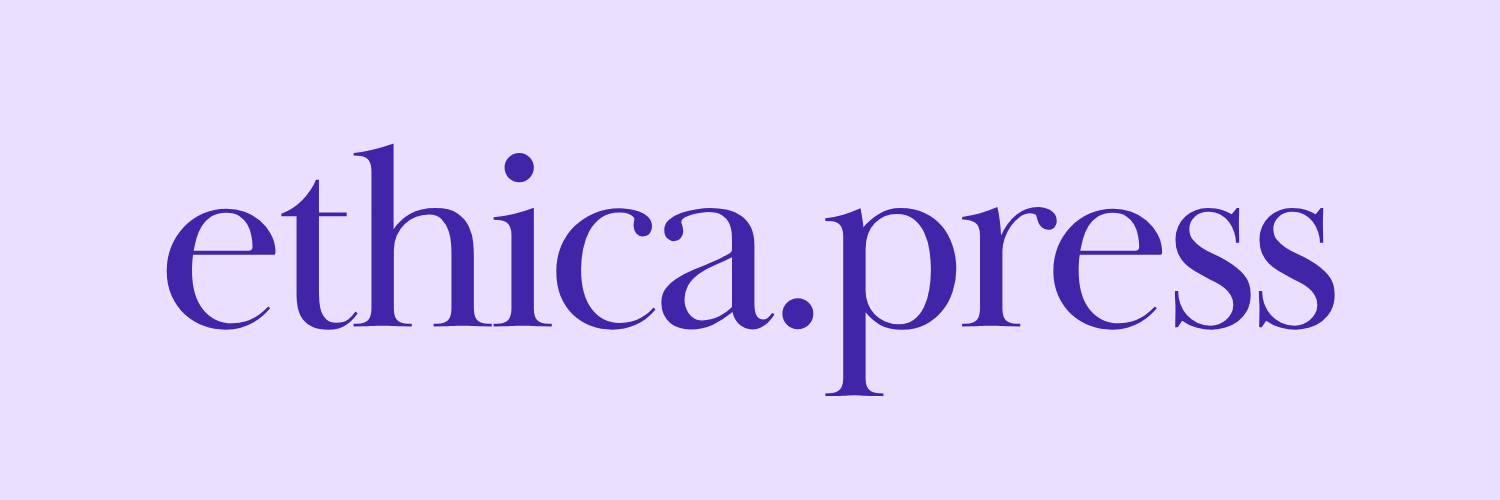Charla online sobre la IA aplicada al periodismo
La Facultad de Humanidades y Ciencias Sociales UNJU (Argentina) organizó el 9 de junio la charla online 'Inteligencia Artificial (IA) aplicada al Periodismo', que fue impartida por la periodista y profesora de la Universidad de Montería Colombia Johana Alexandra Sánchez Lara.
Sánchez Lara es directora del Programa Académico de Comunicación Social/Periodismo de la Universidad Pontificia Bolivariana, y está especializada en Marketing Digital y Gestión de Redes Sociales.
Durante su exposición, la docente abordó los impactos actuales de la IA en la redacción, diseño y circulación de contenidos periodísticos, así como los dilemas éticos y profesionales que surgen en este nuevo escenario.
En este contexto, señaló que la esencia del periodismo no debe cambiar a pesar de las nuevas herramientas que van surgiendo, talcomo es el caso de la IA, aunque matizó que tampoco hay que tenerles miedo.
"La IA es un proceso transversal, es decir, vino para quedarse; no se va a ir. Y lo que tenemos que hacer es saber cómo adaptarnos a este escenario para no automatizarnos y humanizar nuestra marca", expuso.
La Facultad de Humanidades y Ciencias Sociales de la Universidad Nacional de Jujuy (FHyCS - UNJu) organizó este taller con motivo del Día de los Periodistas, que se celebra el 7 de junio en Argentina. El objetivo de esta propuesta de formación y reflexión era tratar los desafíos que la tecnología plantea a la profesión periodística en la actualidad.
Fue retransmitida en directo a través del canal oficial de YouTube de la facultad. La participación, abierta a estudiantes y docentes de la Tecnicatura en Comunicado Digital Convergente y de la Licenciatura en Comunicación Social (CO), periodistas en ejercicio, comunicadores/as, y público en general con interés en los vínculos entre tecnología y medios de comunicación, fue libre y gratuita.
Con iniciativas como esta, la FHyCS busca fomentar "un debate actualizado y crítico sobre los usos y alcances de la Inteligencia Artificial en el ejercicio periodístico, en un contexto de transformación acelerada en los medios de comunicación".
English version
Online lecture on AI applied to journalism
The session, led by Professor Johana Alexandra Sánchez, was aimed at students and lecturers. It was hosted by the Faculty of Humanities and Social Sciences at UNJU, Argentina.
On 9 June, the Faculty of Humanities and Social Sciences at UNJU (Argentina) held the online lecture 'Artificial Intelligence (AI) Applied to Journalism', delivered by journalist and professor Johana Alexandra Sánchez Lara from the University of Montería, Colombia.
Sánchez Lara is Director of the Social Communication/Journalism academic programme at the Pontifical Bolivarian University. She specialises in Digital Marketing and Social Media Management.
During her talk, she addressed the current impact of AI on journalistic content writing, design, and distribution, as well as the ethical and professional dilemmas arising in this new landscape.
In this context, she stressed that the essence of journalism should not change despite the emergence of new tools such as AI—though she also emphasised that there is no need to fear them.
"AI is a cross-cutting process—meaning it’s here to stay; it won’t go away. What we must do is learn how to adapt to this new scenario so that we don’t become automated, and instead humanise our brand," she explained.
The Faculty of Humanities and Social Sciences at the National University of Jujuy (FHyCS – UNJU) organised this workshop to mark Journalists’ Day, which is celebrated on 7 June in Argentina. The aim of this training and reflection session was to explore the challenges that technology currently poses to the journalistic profession.
The event was streamed via the faculty’s official YouTube channel. Participation was free and open to students and lecturers from the Technical Degree in Convergent Digital Communication and the Bachelor’s Degree in Social Communication, as well as practicing journalists, communicators, and members of the public interested in the relationship between technology and the media.
With initiatives like this, FHyCS seeks to promote “an up-to-date and critical debate on the uses and scope of Artificial Intelligence in journalistic practice, in a context of accelerated transformation in the media landscape.”
